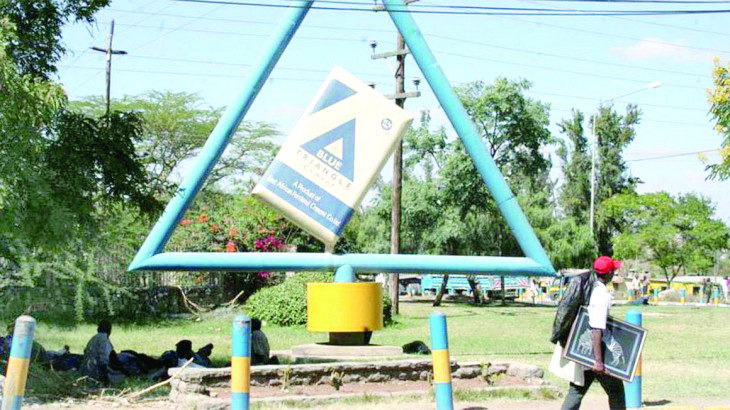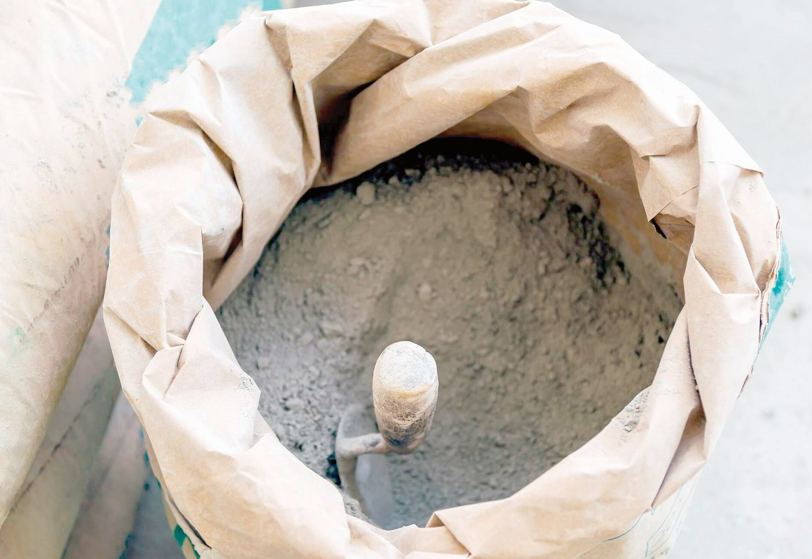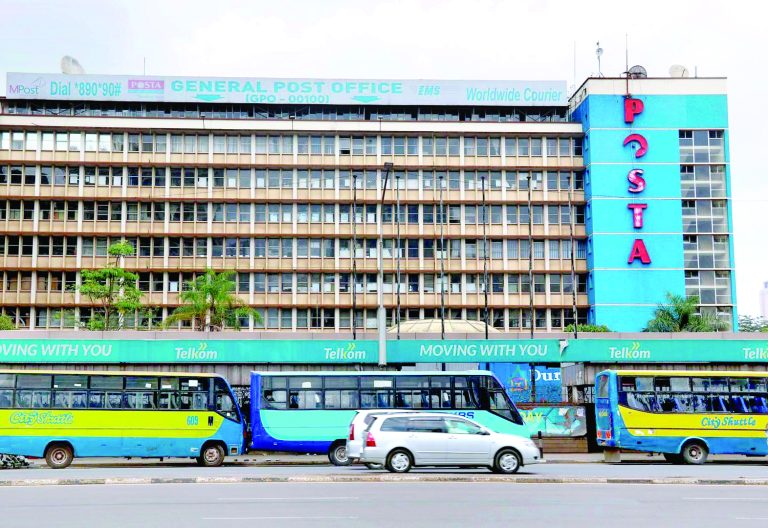What next for ailing cement maker as production drops?

The troubles of the cash-strapped East Africa Portland Cement Company (Eapcc) continue to deepen as production grinds to a halt.
Despite the launch of the company’s strategic plan two months ago, the Athi-River-based firm has in the past month produced only 3,000 tonnes of cement against a daily target of 2,500 tonnes, a senior manager revealed to ‘Business Hub’.
The development comes just a year after a National Treasury report named the company, alongside Postal Corporation of Kenya, Kenya Post Office Savings Bank and State broadcaster KBC, among the State-owned enterprises (SOEs) doing badly and making losses.
The report said these firms have not only lost market share but have also generated large tax and social security arrears, ending up either insolvent or loss-making.
As it currently stands, the 328 employees in charge of the firm’s production section have had very little to do, raising concerns about the future of the firm.
No salaries
Workers have not been paid their June 2022 salaries amid intimidation to silence by the management. Indeed, employees have not complained to the relevant agencies about delays in remission of their statutory deductions.
“As workers, we foresee closure of this company if urgent measures are not taken. We are just reporting to work as a formality; there is no work to be done. We don’t even know how the company will pay our dues”, a worker said.
A senior manager who sought anonymity explained that the company has an acute shortage of clinker after suppliers terminated their contracts, denying the firm a crucial raw material due to outstanding debts.
“The suppliers are willing to resume operations but after upfront payment or payment on delivery. The company is experiencing bad debts and suppliers are very cautious,” said the manager.
On the other hand, clients who purchase cement from the company are said to have cancelled contracts due to inconsistency in supply. A spot check established that the cement brand is not available for sale in major hardware stores.
When ‘Business Hub’ attempted to get verifications, the company’s head of corporate affairs and strategy, Gordon Mutugi, did not respond to our calls.
Disposal of land
Challenges facing the manufacturer include disposal of a section of its 16,000-acre land to raise Sh45 billion to settle debts and revive the company.
In an extraordinary meeting on September 27, 2019, Kenya Commercial Bank (KCB) was to get first priority in sale of the land to recover its Sh5.4 billion debt, which is accruing Sh600 million interest annually.
The State-run cement firm has since transferred 745 acres in Athi River to KCB after the process was validated by the Nairobi Commercial Court last year.
This was to settle part of the debt. Two years ago, 270 senior employees were declared redundant in an attempt to cut costs. The layoffs started in 2018 targeting 200 of the 800 workers — roughly a 40 per cent reduction in salaries and wages amounting to Sh200 million a month.
When Oliver Kirubai took over as managing director from Daniel Kiprono in September 2021, he exuded confidence, saying the Nairobi Stock Exchange-listed company would bounce back to profitability. But unless a miracle happens, including a framework for utilisation of idle land owned by public institutions for large-scale agricultural production, things could easily get worse.
The State wants to lease thousands of acres of public land to private investors for food and cash crop production through irrigation. Besides Kenya Railways and Kenya Broadcasting Corporation, the cement firm holds vast tracts of unutilised land.














